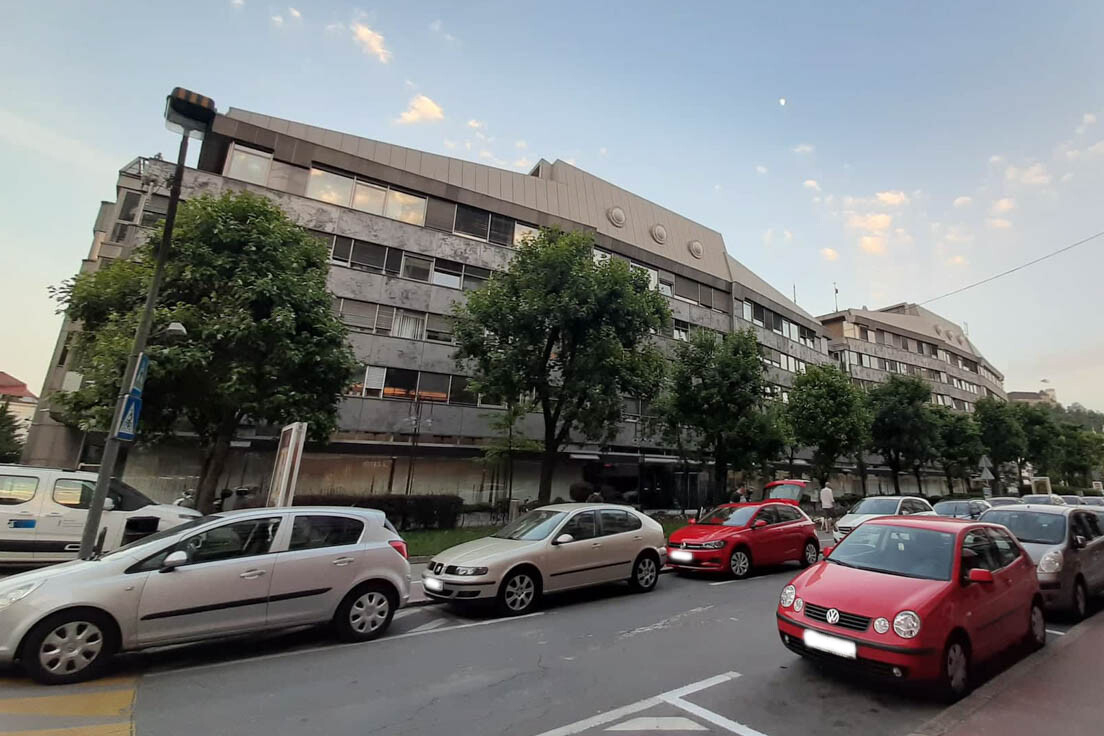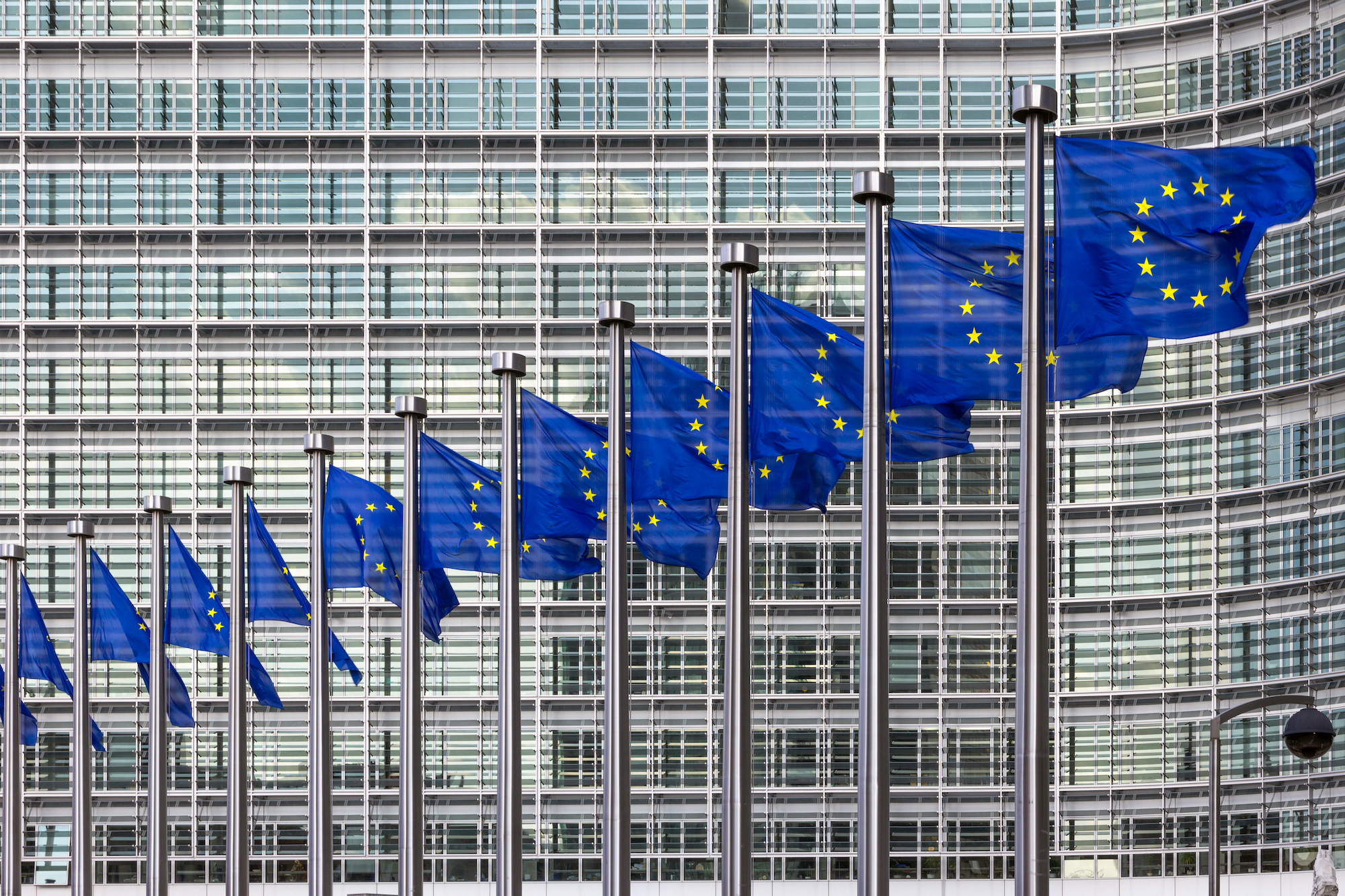An international mission to Turkey has revealed sustained threats against independent media and increasing state capture.
The investigation into Turkey’s media landscape found journalists are often persecuted by a politicised and biased court; victims of physical attacks while the perpetrators are granted impunity; and marginalised by a government wanting greater control over freedom of expression.
The findings are from the initial conclusions of a coalition of international press freedom organisations and journalist groups. On Friday (8 October), the group finished their three-day mission to investigate serious threats to independent journalism in Turkey. The press conference came fresh off the heel of a series of meetings with various stakeholders, including journalists, editors, local civil society groups, Turkey’s Constitutional Court (TCC), European Union officials, and foreign diplomats from 23 countries.
“The meetings confirmed an ever-worsening environment for Turkey’s remaining independent press ahead of planned presidential and parliamentary elections scheduled for 2023,” Erol Önderoğlu, Reporters Without Borders’ (RSF) representative said. Önderoğlu said that nearly all interviewees highlighted the lack of an independent judiciary as the root of Turkey’s press freedom problems. “There has been a profound erosion of the rule of law in the country, and the judiciary is largely politicised and unable – with the partial exception of the Constitutional Court – to protect fundamental rights,” Önderoğlu said. He explained journalists felt they were victims of judicial harassment, arbitrary prosecution, and legislation such as anti-terror and defamation laws.
In a meeting with the Constitutional Court, the mission called for an acceleration of decisions on cases related to press freedom violations. While there have been positive rulings from the TCC, many of them have come late for the victims, the mission found. Refusal by lower courts to implement TCC’s decisions in several cases was also raised as a point of concern during the meeting. These lower courts were noted as being under political pressure. “In some cases, the TCC has not yet issued a ruling despite a severe ongoing rights violation, including the detention of journalists,” Önderoğlu said.
“By the time the ruling has come that confirms a rights violation, the damage has been done,” Scott Griffen, Deputy Director of the International Press Institute (IPI) added.
The mission also noted other legal threats to journalists, including a proposed disinformation law and a proposed bill mandating registration for organisations and people that receive funding from or are “influenced” by foreign entities. While a draft of the disinformation law has not yet been published, mission meetings confirmed that it is expected to introduce criminal penalties and possibly jail sentences for the spread of “disinformation” online. “The law would cement the government’s control over one of the last major spaces for free expression in Turkey and, in combination with last year’s social media law, increase pressure on social media companies to become complicit in Turkey’s censorship regime,” Griffen said.
Meanwhile, the government’s efforts to discredit independent media by going after their funding signal their intention to financially cripple already struggling independent media. Griffen emphasised that Turkey’s remaining independent media are “already demonised and face financial pressure in a heavily captured media market.”
Read more: Turkish government continues to limit independent and foreign-funded media [PMA]
Furthermore, physical violence against Turkish journalists was also noted as a worrying trend. Griffen said that attacks come from both citizens and security forces, with no investigations and accountability that would be necessary to counter further attacks. He added that impunity has resulted in journalists no longer even seeking recourse. In its meetings with members of the Parliamentary Human Rights Investigative Commission, European Union delegation, and foreign diplomats, the mission called for a cross-party examination of the issue, stronger public solidarity with journalists under attack, and more robust criticism of Turkey’s co-opting of the digital space through the social media and “disinformation” laws.
State capture
Beyond the political capture of the judiciary, the mission found that capture extended to include regulatory bodies such as the Radio and Television High Council (RTÜK). Önderoğlu said that independent TV broadcasters face an increasing number of broadcast bans and fines. In contrast, pro-government media outlets are rarely sanctioned, despite public complaints.
Griffen further noted that advertising agencies have also been captured, resulting in the misuse and abuse of public advertising by the government. He said that independent media have received arbitrary bans of public advertising, causing severe economic impacts.
When asked about the capture of public media, Griffen admitted that it was not a direct focus of the mission. In explaining the history of state broadcaster Turkish Radio and Television Corporation (TRT), Önderoğlu said that it has long been used as a mouthpiece of the government, with no political distance. He said that in a polarised political climate, TRT excludes large parts of society and does not reflect the views of large parts of Turkish society, despite its financing through taxpayers’ money. Noting that TRT employees and journalists have been fired for voicing oppositional opinions on social media, Önderoğlu emphasised that the broadcaster does not help produce a healthy media environment.
TRT has indeed been long accused of lacking impartiality and editorial independence and these accusations continue today. In July, its entire executive board was replaced and had its number increased by a presidential decree. Most of the members of the new board have political ties to the ruling government, IPI reports.
It must be noted that the mission was unable to meet with any government office or representative, including RTÜK, the Minister of Justice, and the Minister for Transportation and Infrastructure. The Council of State, the country’s highest administrative court, also declined a meeting. Griffen stressed that the lack of dialogue with the government entirely removed the possibility of the exchange of views on extremely important issues.
“As organisations we try to be as fair as possible to include different views to give the full picture. Without being able to have these meetings with government, we can’t include those views. We can only include what we learn from public statements and the media…[The government] closing that door is unfortunate,” Griffen said. Nonetheless, the final report will have a strong footing based on findings from other meetings, he said.
The full report will be published in several weeks. The mission was led by IPI and IPI’s Turkey National Committee and included representatives from Reporters Without Borders, the Committee to Protect Journalists, ARTICLE 19, Human Rights Watch, the European Centre for Press and Media Freedom, English PEN, Norwegian PEN, PEN International, Osservatorio Balcani e Caucaso Transeuropa, and the South East Europe Media Organisation.
Header image: Sunset in Istanbul, Turkey with Suleymaniye Mosque (Ottoman imperial mosque). Credit: Travel Turkey / Shutterstock.com
Related Posts
16th September 2021
Insight: Promising steps to strengthen media freedom in Europe
The European Commission has presented a…
13th August 2021
Turkish government continues to limit independent and foreign-funded media
Limits, fines, attacks, and incoming…
13th July 2021
Independent public media under attack in Slovenia
The Public Media Alliance is seriously…


